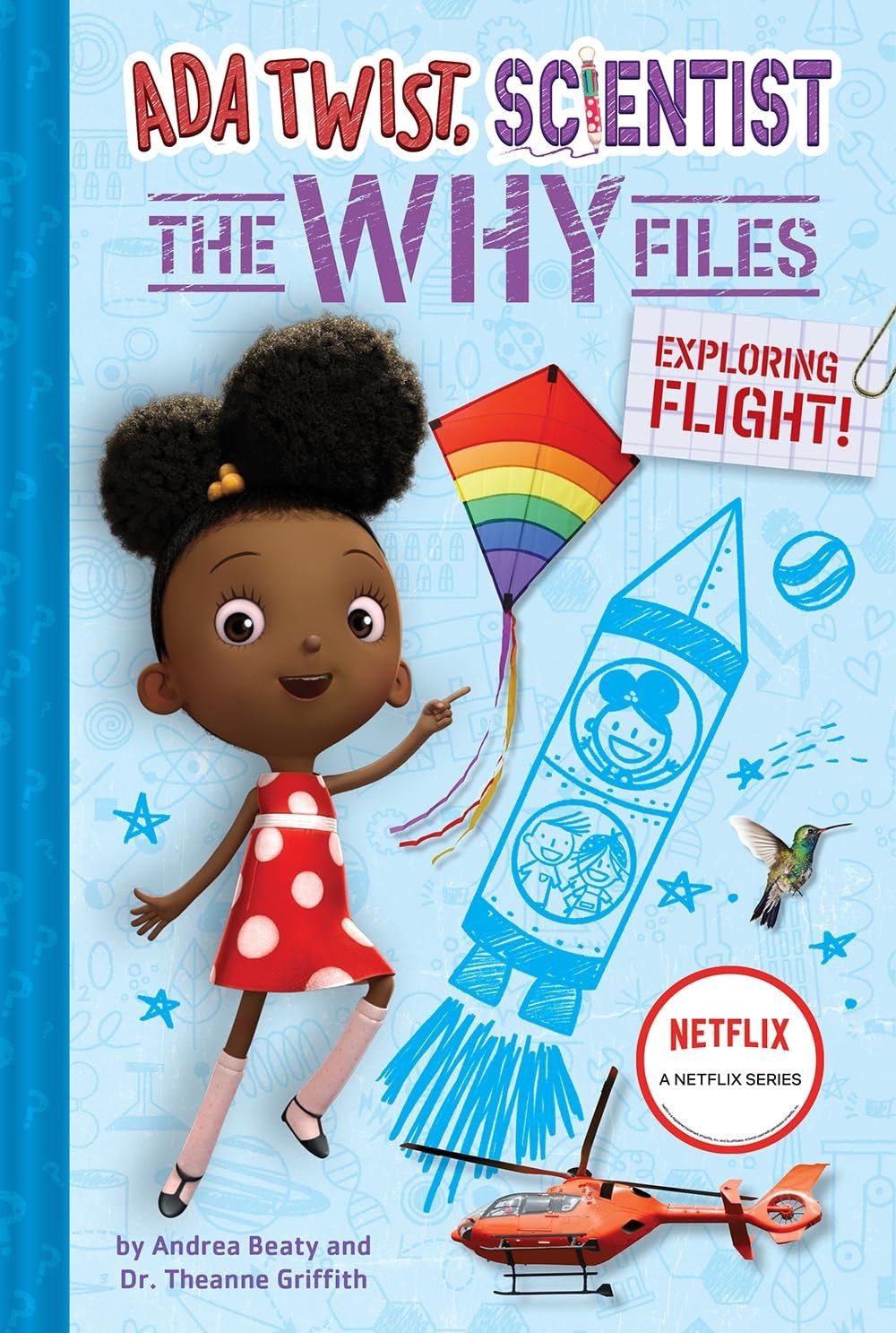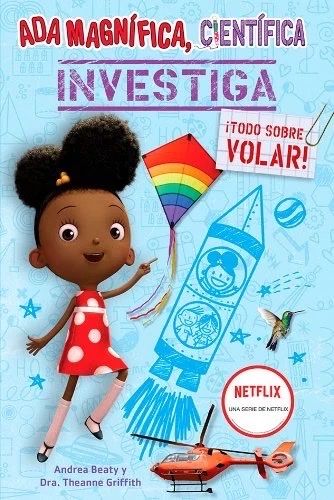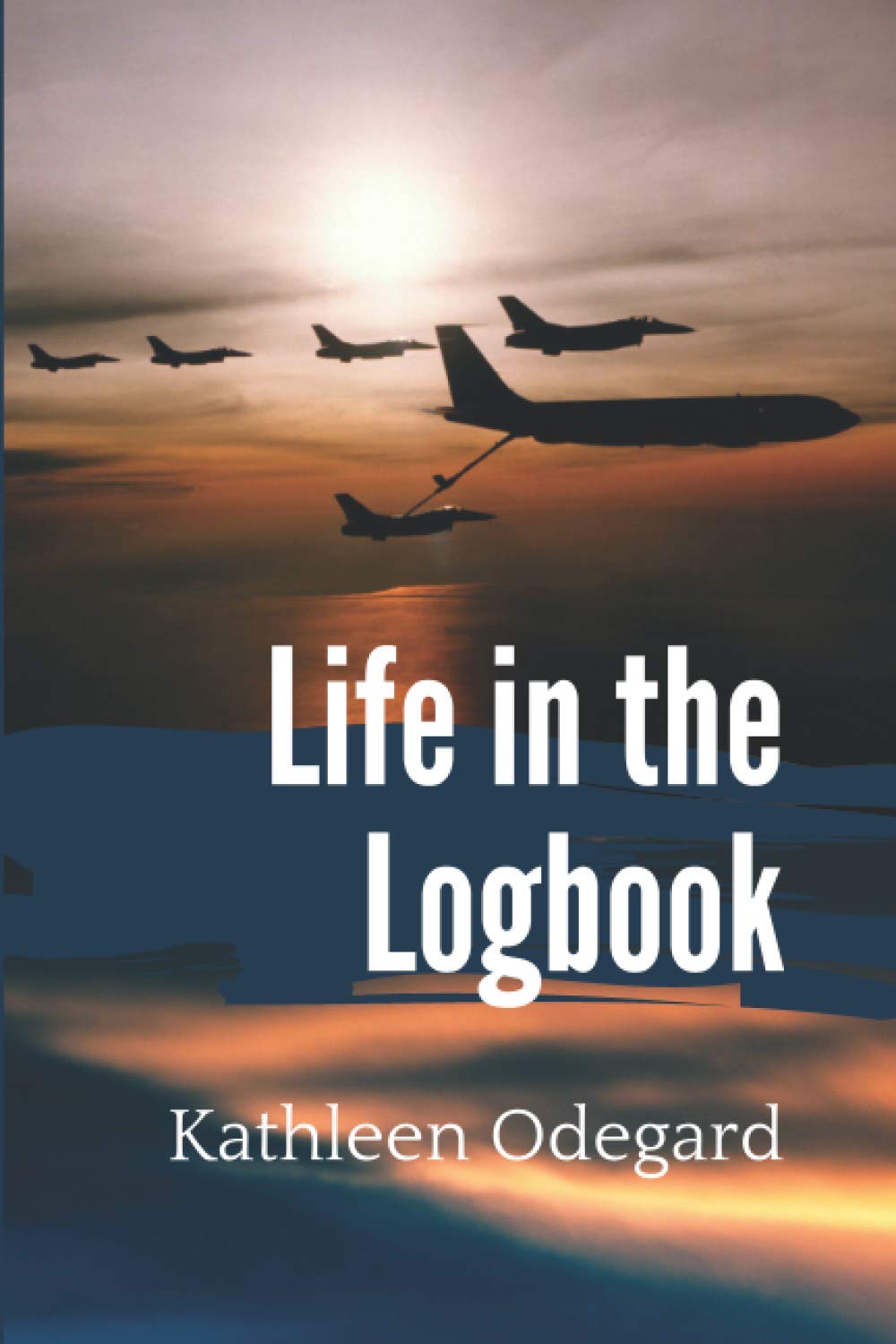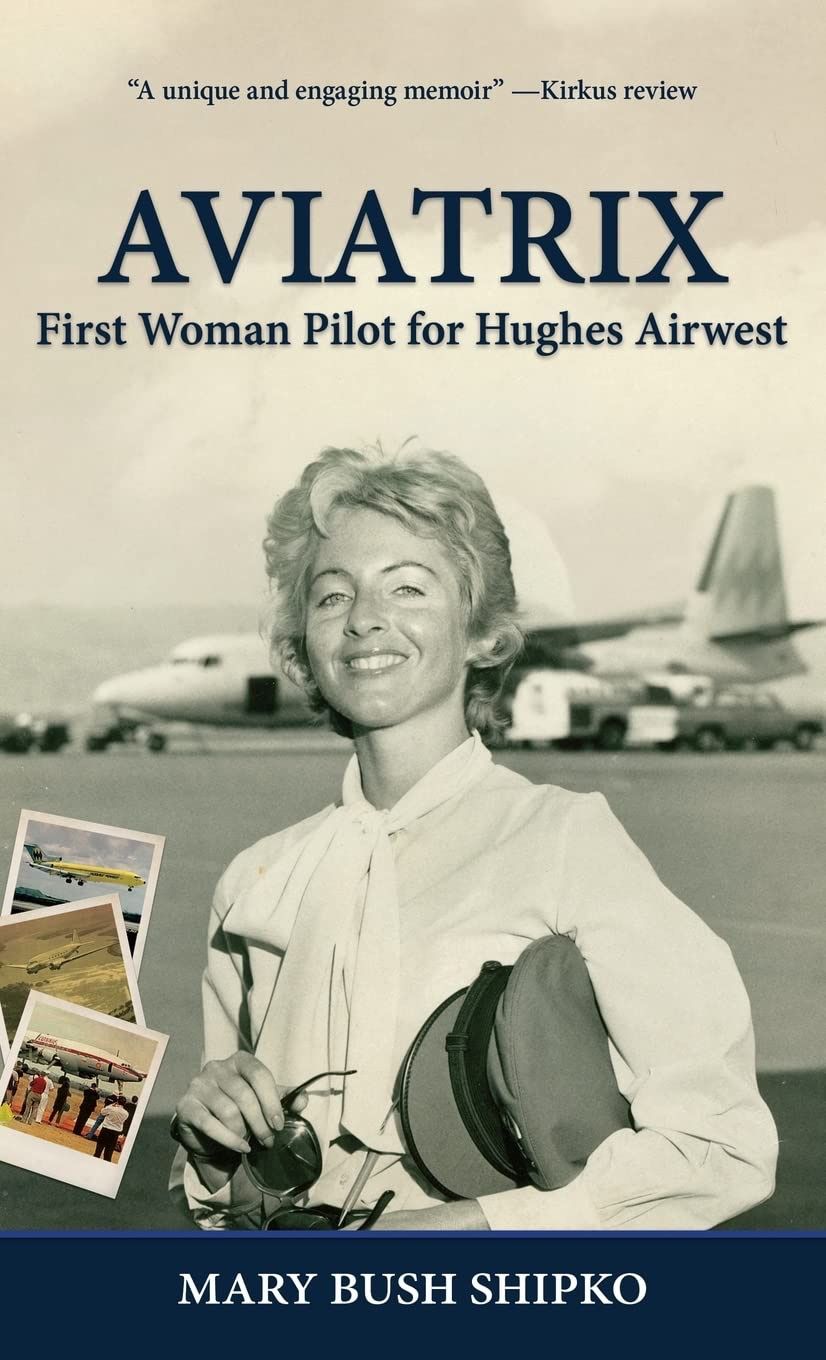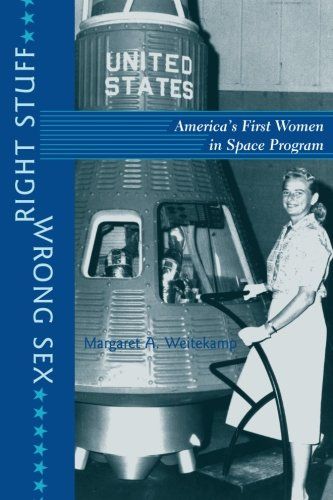
Right Stuff, Wrong Sex: America’s First Women in Space Program (Gender Relations in the American Experience)
On June 17, 1963, Soviet cosmonaut Valentina Tereshkova became the first woman in space. Curiously, unlike every previous milestone in the “space race” this event did not spur NASA to catch up by flying an American woman. Though there were suitable candidates-two years earlier, thirteen female pilots recruited by the private Woman in Space program had passed a strenuous physical exam and were ready for another stage of astronaut testing-American women would not escape earth’s gravity for another twenty years. In Right Stuff, Wrong Sex, Margaret Weitekamp shows how the Woman in Space program-conceived by Dr. William Randolph Lovelace and funded by world-famous pilot and businesswoman Jacqueline Cochran-challenged prevailing attitudes about women’s roles and capabilities. In examining the experiences of the Fellow Lady Astronaut Trainees (as the candidates called themselves), this book documents the achievements and frustrated hopes of a remarkable group of women whose desire to serve their country fell victim to hostility toward such aspirations. Drawing from archival research and interviews with participants, Weitekamp traces the rise and fall of the Woman in Space program within the context of the cold war and the thriving women’s aviation culture of the 1950s. Weitekamp’s study sheds light on a little-known but compelling chapter in the history of the U.S. space program and the rise of the women’s movement in America.

